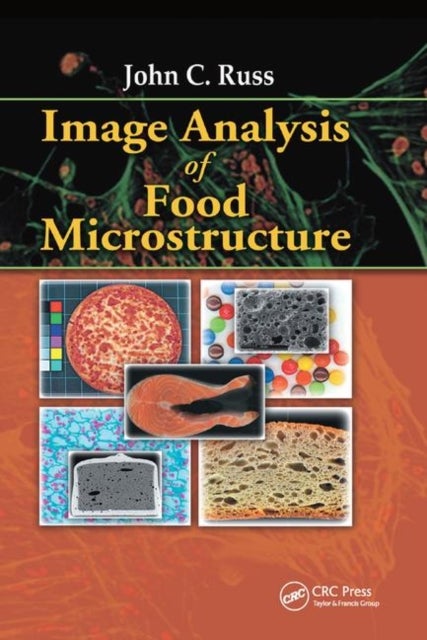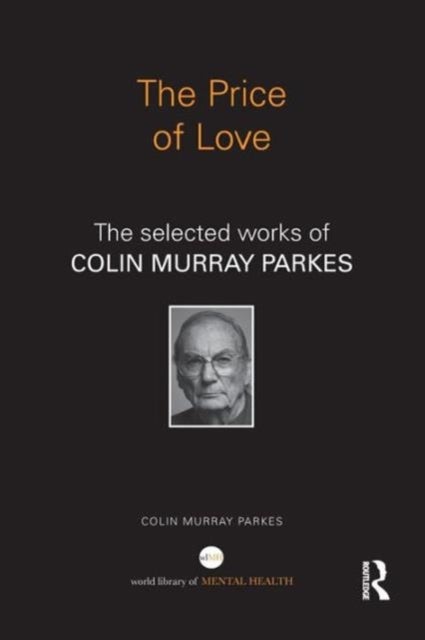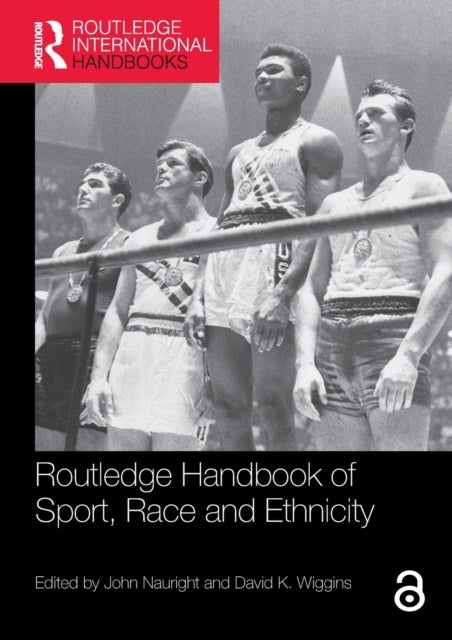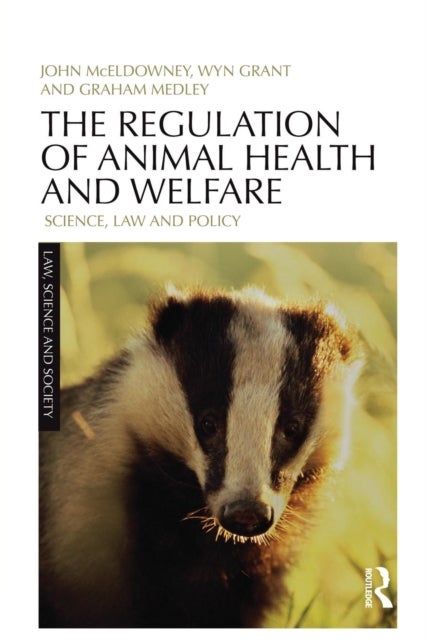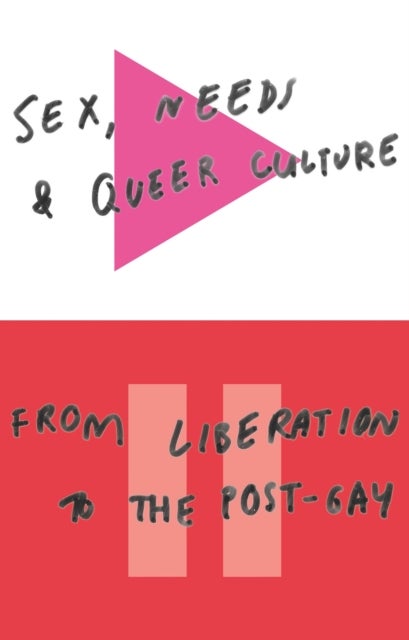
Sex, Needs and Queer Culture av Doctor David Alderson
299,-
The belief of many in the early sexual liberation movements was that capitalism¿s investment in the norms of the heterosexual family meant that any challenge to them was invariably anti-capitalist. In recent years, however, lesbian and gay subcultures have become increasingly mainstream and commercialized ¿ as seen, for example, in corporate backing for pride events ¿ while the initial radicalism of sexual liberation has given way to relatively conservative goals over marriage and adoption rights. Meanwhile, queer theory has critiqued this ¿homonormativity¿, or assimilation, as if some act of betrayal had occurred.In <i>Sex, Needs and Queer Culture</i>, David Alderson seeks to account for these shifts in both queer movements and the wider society, and argues powerfully for a distinctive theoretical framework. Through a critical reassessment of the work of Herbert Marcuse, as well as the cultural theorists Raymond Williams and Alan Sinfield, Alderson asks whether capitalism is progressi

